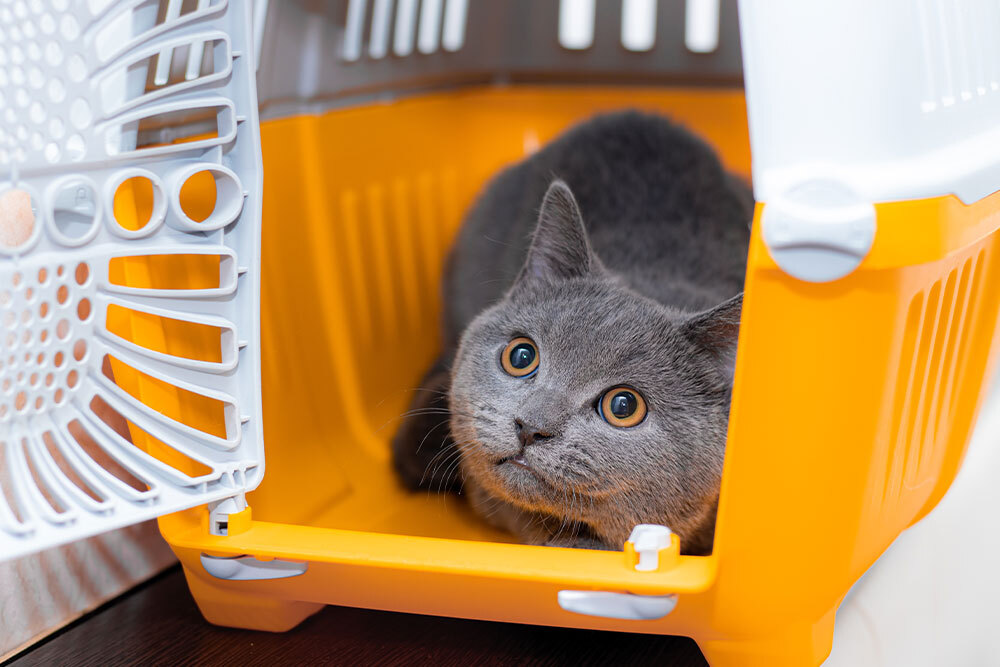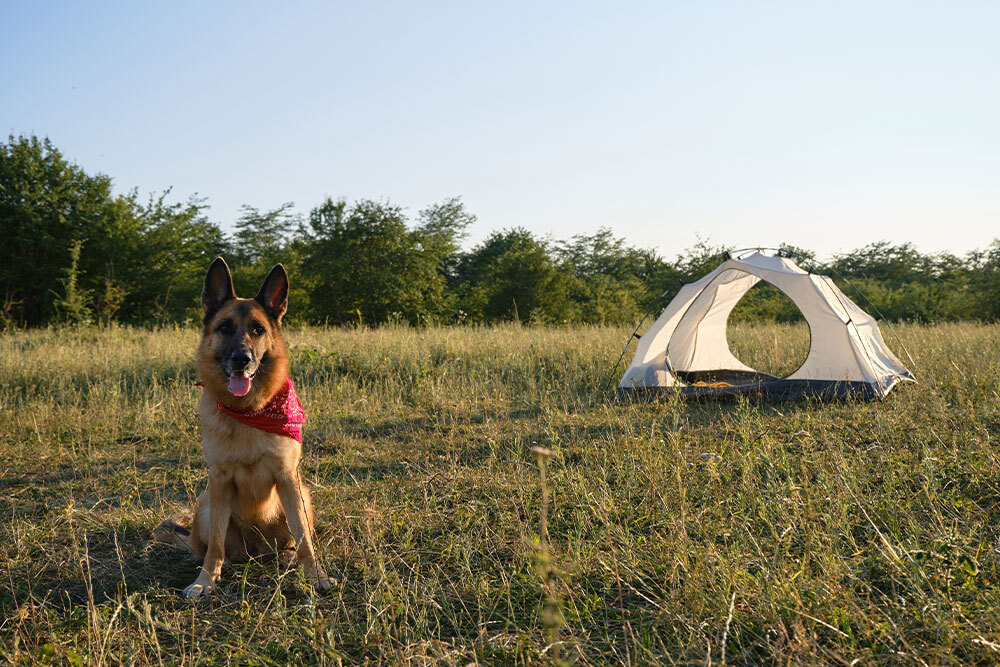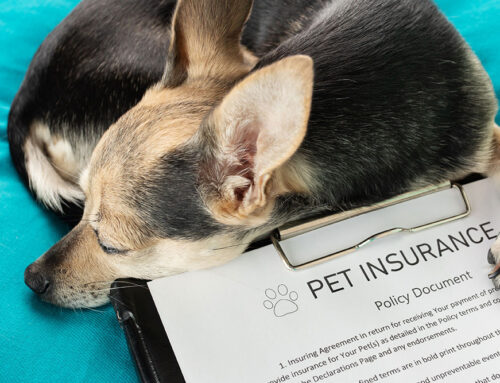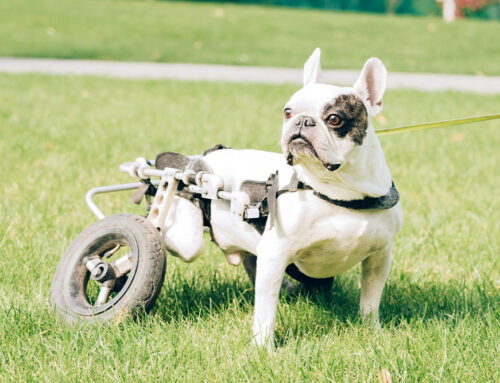Pet Travel Risks: What Diseases Could Your Pet Pick Up on the Road?
You’ve packed your bags, loaded the car, and maybe even booked that cozy Airbnb. Your dog is wagging excitedly at the sight of the leash, or your cat is eyeing the carrier with suspicion. Traveling with pets can make a trip more meaningful, but it also brings challenges you might not face at home. New regions, climates, and exposures create risks that can affect your pet’s health if you aren’t prepared.
At Star of Texas Veterinary Hospital in Austin, we combine our Fear Free care philosophy and cat-friendly certification with advanced medical services to help families travel safely. Whether you’re headed across Texas or across the globe, our team can prepare your pet so you can travel with confidence.
Why Travel Increases Your Pet’s Risk of Illness
Even the healthiest pets face elevated risks when leaving their familiar home environment:
- Exposure to different climates and parasites
- Contact with new infectious diseases
- Stress of travel, which can suppress the immune system
- Access to unfamiliar food or water
- Encounters with wildlife, plants, or other pets
Stress and environmental changes can make pets more vulnerable to illness, so preventive planning before you leave is one of the most important steps in ensuring their health and comfort.
Common Diseases Pets Can Encounter While Traveling
GI Upset from Stress or Diet Change
Digestive upset is one of the most common travel issues for pets. Stress, changes in routine, or even a single new treat can trigger vomiting, diarrhea, or loss of appetite. Drinking from unfamiliar water sources may also introduce bacteria or parasites.
Prevention tips:
- Stick to your pet’s regular food and bring enough for the whole trip.
- Use bottled or filtered water instead of unfamiliar sources.
- Feed smaller meals before travel to reduce nausea.
- Bring familiar bowls and comfort items to encourage normal eating.
- Ask your vet about probiotics or calming Fear Free strategies if your pet is prone to travel stress.
Allergies and Environmental Irritants
Not all travel risks come from parasites or infectious disease- sometimes, it’s the environment itself. Seasonal pollen, new grasses, or even different household cleaners in vacation rentals can trigger allergic reactions. Pets with sensitive skin or respiratory systems may develop itching, sneezing, watery eyes, ear infections, or hot spots after exposure.
Contact allergies can also occur if pets walk on treated lawns, hike through poison ivy, or encounter harsh cleaning products.
Prevention tips:
- Pack your pet’s usual bedding, litter, and grooming supplies
- Wipe paws after outdoor walks to reduce contact with allergens or chemicals
- Bathe your dog with a gentle, veterinarian-recommended shampoo after travel through high-pollen areas
- Monitor for scratching, paw licking, or redness, and seek care if symptoms worsen
Heartworm Disease
Mosquitoes transmit heartworms, and while Austin is already high-risk, some regions are even worse. Heartworm prevalence maps show cases throughout the U.S.
Prevention tips:
- Keep pets on year-round preventives
- Schedule annual heartworm testing
- Minimize outdoor time at dawn and dusk when mosquitoes are most active
Tick-Borne Illnesses
Traveling through wooded, grassy, or coastal areas increases exposure to ticks that spread Lyme disease, ehrlichiosis, and anaplasmosis.
Prevention tips:
- Use a veterinarian-recommended tick preventive
- Perform daily tick checks after outdoor activity
- Stick to cleared paths instead of tall grass
Heatstroke and Dehydration
Driving through Texas or other hot regions puts pets at risk of heat-related illnesses.
Warning signs: heavy panting, drooling, confusion, weakness, or collapse.
Prevention tips:
- Never leave a pet unattended in a car
- Offer water and breaks frequently
- Limit activity to early mornings or evenings
Toxic Exposure
Road trips often mean new plants, food, and water sources- some of which can be dangerous. The ASPCA toxic plant list is a helpful reference.
Hazards include: chocolate, grapes/raisins, sugar-free gum (xylitol), or blue-green algae in ponds.
Prevention tips:
- Supervise pets closely outdoors
- Avoid unknown foods or water
- Stick to bottled water and their regular diet
Leptospirosis
Leptospirosis is a bacterial infection spread by wildlife urine. Pets often contract it after swimming or drinking from contaminated puddles or streams- even urban wildlife like rats and squirrels carry the disease. It can damage the kidneys and liver, and it’s zoonotic, meaning it can spread to humans as well.
Prevention tips:
- Ask your veterinarian about the leptospirosis vaccine before traveling
- Avoid letting pets drink from standing water
- Watch for fever, vomiting, or yellowing of the gums/eyes
Motion Sickness and Anxiety
Not all travel risks are infectious- sometimes the journey itself creates its own challenges. Motion sickness is especially common in younger pets and those unaccustomed to car rides or flights. The swaying movement can upset the inner ear, leaving pets nauseated, drooling, or even vomiting before the trip is over. At the same time, the unfamiliar sounds, vibrations, and confinement of travel can trigger anxiety. Some pets become restless and pace the vehicle, others whine continuously, and more sensitive animals may even refuse to eat or drink until they feel safe again.
Because nausea and anxiety often go hand in hand, it’s important to address both together. Allowing pets time to gradually acclimate to travel, providing familiar bedding or toys, and taking short breaks during long trips can ease discomfort. In some cases, medication to reduce motion sickness or calm anxiety may be recommended by your veterinarian. Preparing for these issues before you leave not only protects your pet’s health but also makes the journey far less stressful for everyone in the family.
Preparing Your Pet for a Safe Trip
Schedule a Pre-Trip Vet Visit
A travel consult allows us to:
- Update vaccines
- Adjust parasite prevention plans
- Provide domestic or international health certificates
- Refill prescriptions and preventive medications
- Perform a wellness exam to confirm your pet is fit for travel
Request your appointment online or call (512) 291-1600.
Pack a Pet Travel Kit
Include:
- Medical records and health certificates
- Preventives and medications
- First aid kit (consider pet first aid training)
- Food, treats, and bottled water
- Leash, ID tags, waste bags
- Familiar toys or bedding
Post-Travel Monitoring
After you return, watch closely for:
- Vomiting, diarrhea, or loss of appetite
- Coughing, sneezing, or breathing issues
- Limping, injuries, or rashes
Early evaluation prevents minor issues from escalating. If you notice changes, contact us right away.
Safe Adventures Start Here
At Star of Texas Veterinary Hospital, we believe travel should create happy memories, not medical emergencies. Our AAHA-accredited, Fear Free team provides everything from vaccinations and diagnostics to dental care and travel certificates– all tailored to keep your pet healthy at home and on the road.
10706 Brodie Lane, Austin, TX 78748
(512) 291-1600
Request an Appointment
With thoughtful preparation, you and your pet can explore confidently, knowing our team is here to support you before, during, and after your journey.







